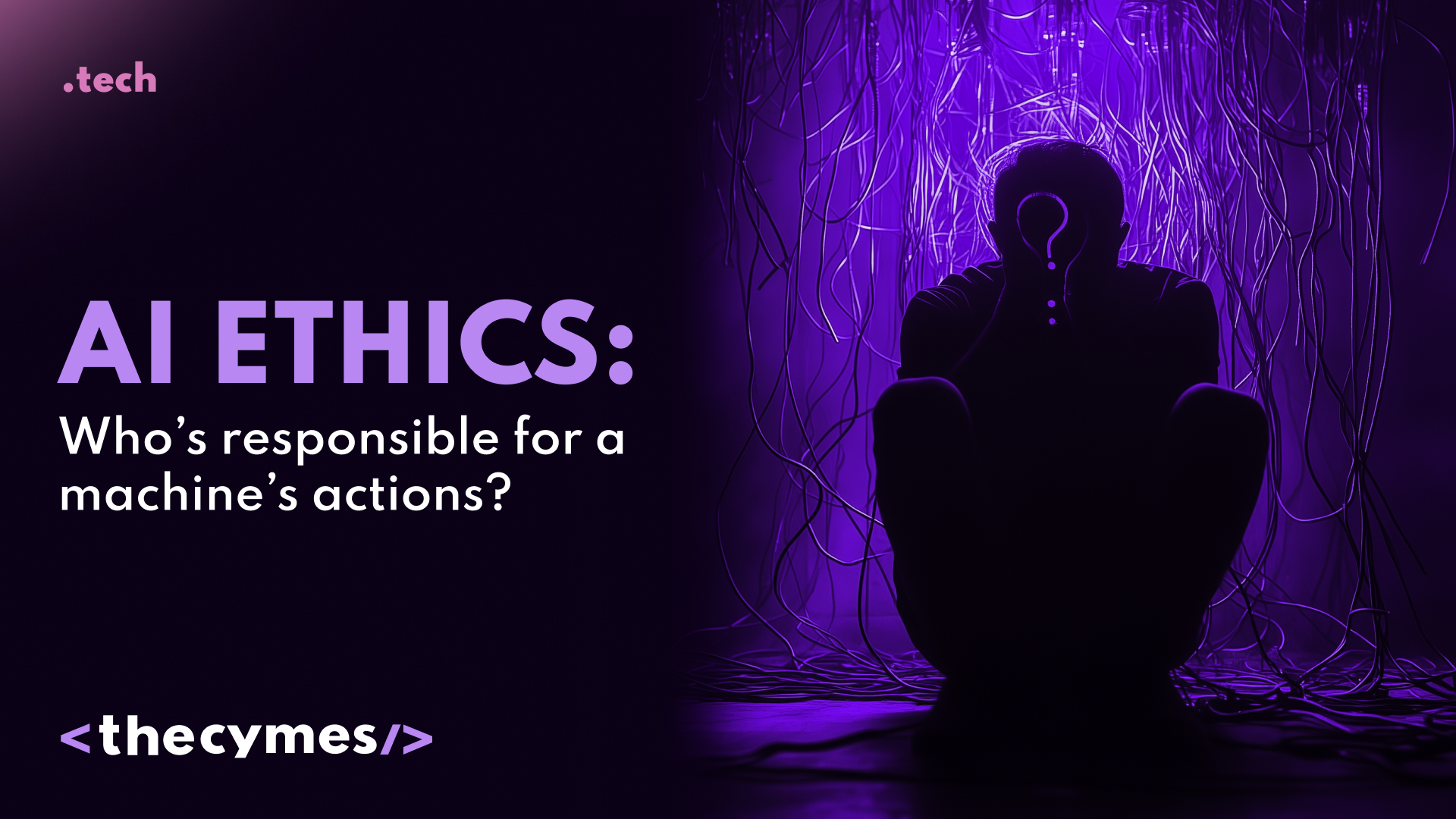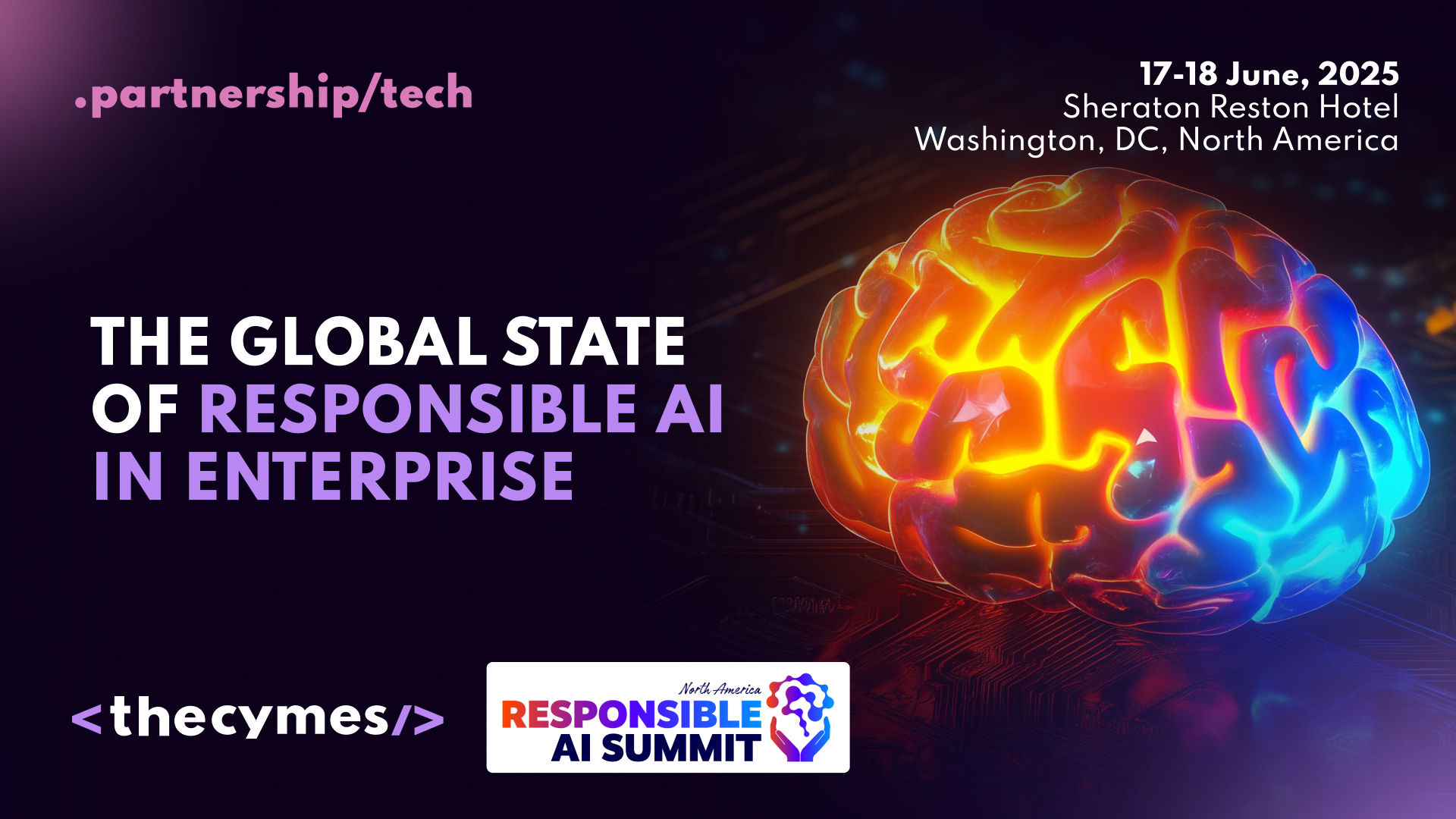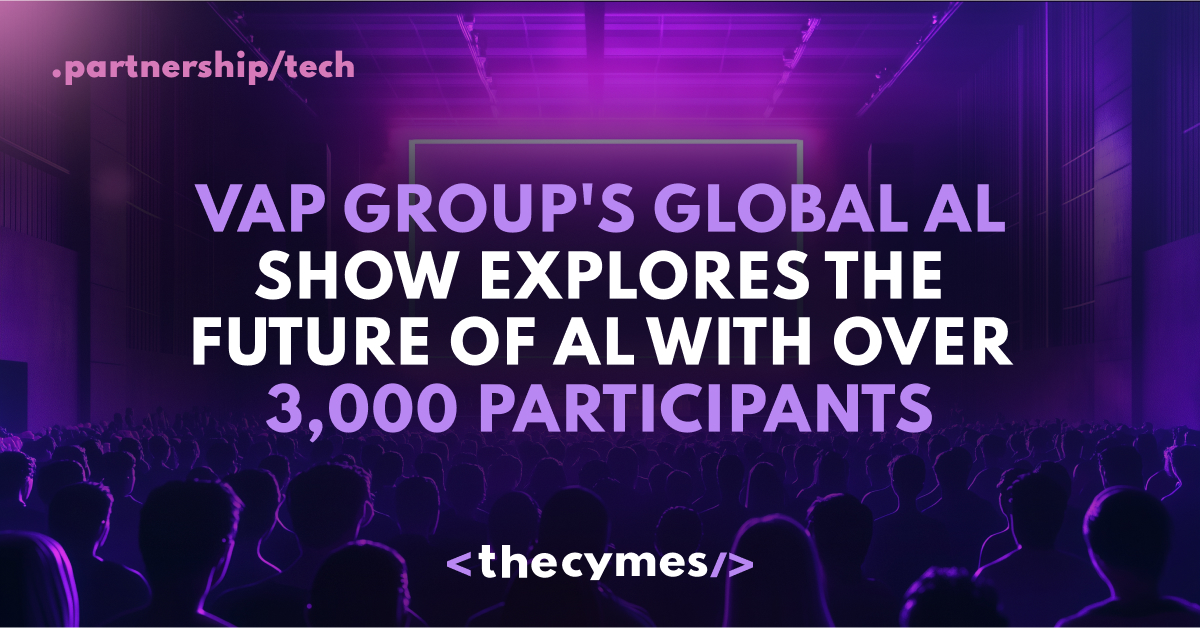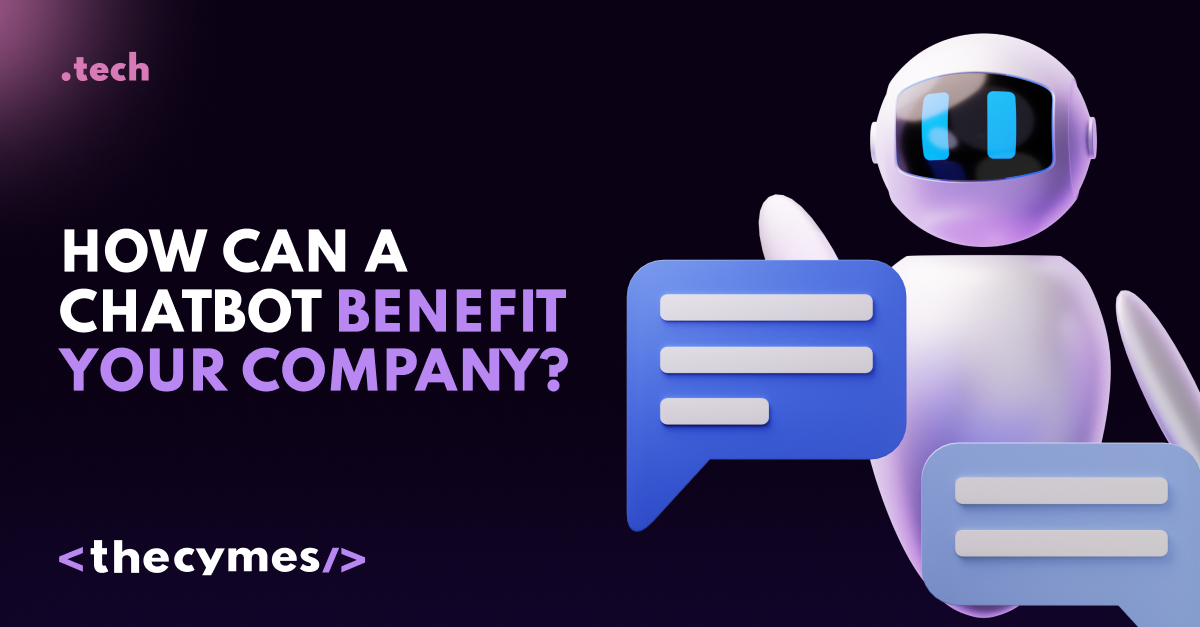.it/tech10 December 16:44
0<
AI Ethics: Who’s responsible for a machine’s actions?
/>Dive deep into the complex world of AI accountability. be updated on the latest tech newsGet exclusive news updates and overview on tech market
 Dive deep into the complex world of AI accountability.
Dive deep into the complex world of AI accountability.  The Cymes Team
The Cymes Team

